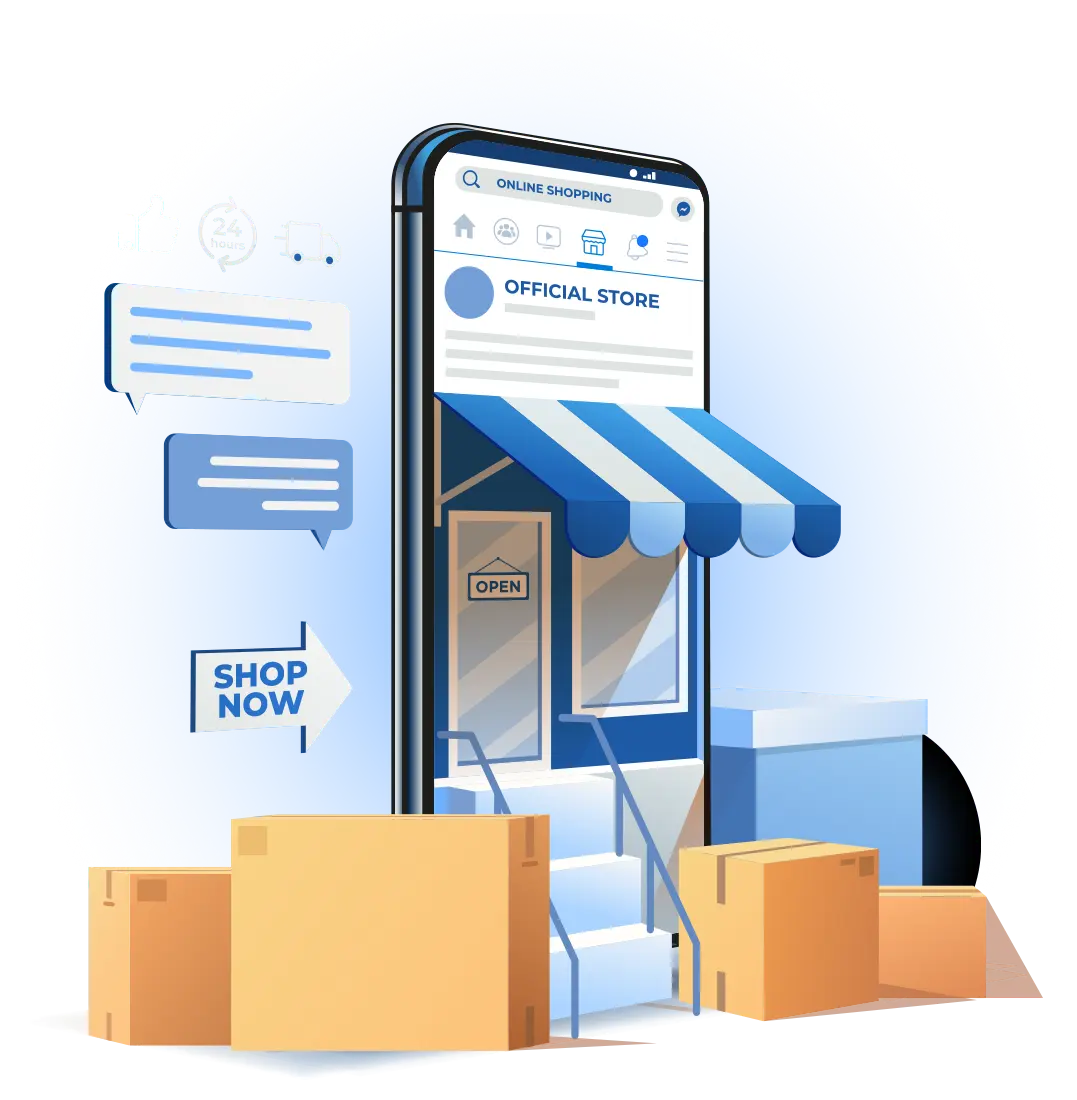Looking to significantly boost your business’s revenue and customer satisfaction? Create a frictionless customer experience by minimizing obstacles and making the purchasing process as smooth as possible. According to Saleforce’s State of the Connected Customer Report, 84% of customers say the experience a company provides is as important as its products and services. That experience impacts all revenue-related customer touchpoints – from customer lifetime value and revenue to referral reputation and customer retention. Providing a frictionless experience is a simple yet effective strategy that helps you attract new customers, retain existing ones, build brand loyalty, and, ultimately, increase revenue. Here are six tactics that, when employed together, create a frictionless customer buying experience:
1. A User-Friendly eCommerce Site
A successful digital branch is essential for today’s businesses. Optimize your online sales channel by implementing an eCommerce platform that offers a clean, modern interface and stellar performance. Start with a responsive design to display the same user experience across all devices. Use a cloud-based platform and a reliable web host to ensure fast-loading pages, handle high-volume site traffic, and maintain a secure and safe site. Make sure your site provides easy access to product information, customer reviews, and the latest pricing and availability to foster transparency and trust. Easy onsite search and navigation, along with B2B efficiency tools like an online RFQ, quick order pad, and punchout are also critical.
2. Omnichannel Selling
Customers expect a consistent experience across multiple channels. And while a responsive web design helps deliver a similar user interface and experience, an omnichannel strategy fully integrates your online and offline sales channels for a completely unified experience. Embrace an omnichannel approach by creating a seamless connection between your eCommerce platform, ERP, CRM, and other critical backend systems. Omnichannel selling allows logged-in customers to shop on your different sales channels without losing their shopping cart or transaction history.
3. Simplified Checkout Process
A lengthy and complicated checkout process can lead to cart abandonment and customer frustration. Streamline the checkout process by offering guest checkout options, pre-filling forms with known customer data, and enabling multiple payment methods such as purchase order, invoice, or credit card. With online payment gateways, businesses can provide a safe and easy way for buyers to transact on their site.
4. Personalization and Recommendations
Leverage customer data and behavior analytics to offer a personalized online experience. Customers are more likely to make a purchase when they feel a connection with the product or service. Use AI-driven algorithms to present customer-specific promotions, as well as products and content based on their browsing history and preferences. Invest in pro analytics tools that work with your eCommerce software to help you improve your customers’ online experience and your site’s performance. Sophisticated analytics tools enable you to see how visitors engage on your site and provide in-depth insight to answer questions like why a visitor abandoned their cart or what specific content is helping drive conversions.
5. Robust Customer Support
Frictionless buying goes beyond the purchase; it encompasses the entire customer journey. Invest in robust customer support across multiple channels, including chat, email, and phone. Chatbot apps, which integrate with a website, online messaging platforms, and other applications, help businesses automate communication with people by simulating human-to-human conversations to address questions, solve problems, and direct them to further support if needed. Messaging apps are becoming more popular with B2B buyers because they see them as a faster, more convenient way to get assistance after hours. Offering multiple communication and customer service channels is key to a positive experience and can turn a potential detractor into a loyal advocate.
6. Continuous Improvement
Periodically audit your online sales channels (eCommerce site and mobile app) to ensure they are working properly, running smoothly, and meeting customer needs. Follow an eCommerce audit checklist to look for possible usability, performance, and content issues that are sometimes overlooked but critical to your site’s performance. Even minor tweaks like fixing broken links and updating SEO keywords based on visitor searches can make a tremendous difference. An efficient and smooth shopping experience goes a long way to building strong customer loyalty.
A frictionless customer buying experience is the foundation of sustainable business growth. By focusing on the key strategies above, businesses can drive growth and cultivate lasting customer relationships. Embrace the power of frictionless buying to position your business as a customer-centric leader in your industry.
